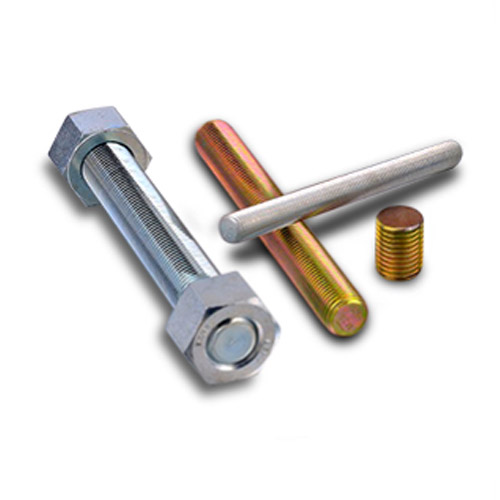famous automotive bolts
нов . 14, 2024 16:14 Back to list
famous automotive bolts
The Importance of Bolts in Automotive Engineering
In the realm of automotive engineering, the seemingly simple bolt becomes a linchpin, playing a pivotal role in the assembly and function of vehicles. Without the robust and precise engineering of automotive bolts, our cars, trucks, and motorcycles would be less safe, reliable, and efficient. Understanding the different types of automotive bolts, their applications, and their significance is crucial for both manufacturers and consumers.
The Importance of Bolts in Automotive Engineering
The materials used in automotive bolts are equally important. Steel bolts are prevalent due to their strength and cost-effectiveness. However, in high-performance vehicles, manufacturers often opt for alloy bolts made from materials like titanium or stainless steel, which offer a superior strength-to-weight ratio and resistance to corrosion. These materials help reduce overall vehicle weight, enhancing performance and fuel efficiency. Additionally, specialized coatings are often applied to bolts to protect against rust and wear, ensuring longevity in harsh automotive environments.
famous automotive bolts

One of the most critical aspects of automotive bolts is their torque specifications. Proper torque ensures that bolts maintain their grip on components without stripping threads or causing fractures. Over-torquing can lead to bolt failure, while under-torquing may result in loose components, potentially leading to disastrous consequences. Automotive engineers meticulously calculate torque specifications based on the materials used and the intended application. It’s not uncommon for manufacturers to provide torque specifications for each bolt in a vehicle’s service manual, ensuring mechanics can maintain and repair vehicles safely.
Furthermore, the role of bolts extends beyond merely holding parts together. They contribute to the overall safety and performance of the vehicle. For instance, in suspension systems, bolts secure critical components that affect ride stability and handling. Any failure in these bolts could compromise vehicle control, leading to accidents. Thus, manufacturers adhere to strict quality control measures to ensure that every bolt meets rigorous safety standards.
In recent years, the automotive industry has seen a shift towards lighter materials and innovative designs to improve fuel efficiency and reduce emissions. This shift has led to the development of specialty bolts that can withstand higher stresses while keeping weight to a minimum. As electric vehicles become more prevalent, the need for advanced fastening solutions is also increasing, as these vehicles often require new approaches to manage battery mounting and other unique components.
In conclusion, automotive bolts are far more than just small fasteners; they are fundamental to the safety, performance, and reliability of vehicles. From the materials they are made of to the specifications required for optimal performance, bolts play a crucial role in the engineering of modern vehicles. As the automotive industry continues to evolve with new technologies and design philosophies, the importance of innovation in bolt design and application will undoubtedly remain central to the pursuit of better, safer, and more efficient vehicles.
Latest news
-
High-Quality Panel Stud Bolt Reliable Panel Stud Bolt Factory & Suppliers
NewsJul.08,2025
-
High-Precision Fine Thread Locknuts Manufacturer & Supplier Custom Solutions
NewsJul.08,2025
-
PH Imperial Stud Bolt – High Strength Fasteners from Leading Supplier & Factory
NewsJul.07,2025
-
High-Quality Allen Wrench Bolts Leading Factory, Company & Suppliers
NewsJul.07,2025
-
Wholesale Ball Stud Bolt - High Quality Supplier & Factory Price Reliable Wholesale Ball Stud Bolt Company
NewsJul.06,2025
-
High-Strength Alloy Bolts Manufacturer & Supplier Quality Alloy Fasteners Factory
NewsJul.06,2025
